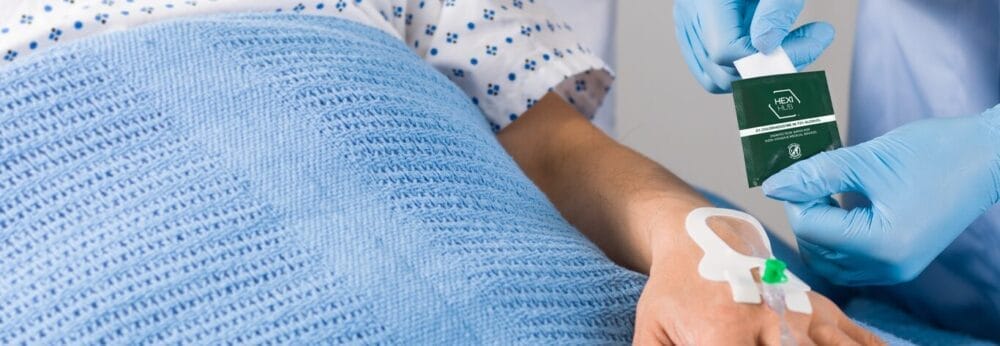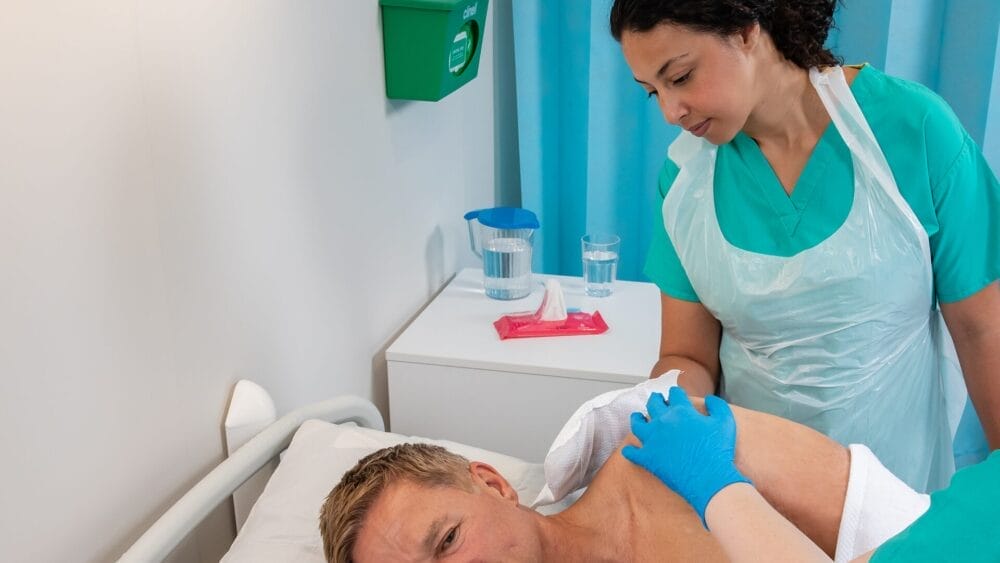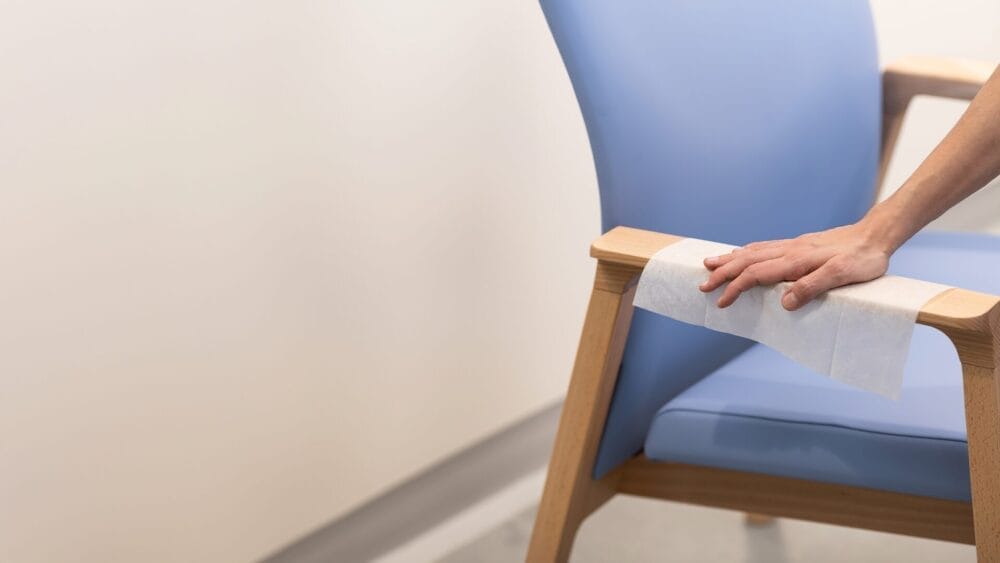Posted
18th July 2016
Research
We have known for a while that Acinetobacter baumannii can cause widespread contamination of surfaces and air. But it’s difficult to know how much of a transmission risk this causes. Is contamination of surfaces a cause or effect of transmission? And is contamination of the air an intermediate step between the patient and the surface, or a problem in its own right? A recent US study does not answer these questions, but does offer some useful data on the scale of surface and air contamination emanating from infected and colonised patients.
Extensive air and surface sampling was performed around 25 carbapenem-resistant A. baumannii patients in the ICU. The key finding is that contamination of the air and surfaces was significantly greater around patient who were rectally colonised (38% for air and 16% for surfaces) compared with patients who had colonisation of the respiratory tract (13% for air and 10% for surfaces). This seems a little backwards – you may expect a patient colonised in the respiratory tract to release more resistant bacteria into the air, but on the basis of this study, this does not seem to be the case. This apparent discrepancy may be explained by the presence of closed-circuit ventilation for many patients who had respiratory colonisation. This study again highlights the risk of environmental contamination surrounding patients with A. baumannii and underlines the need to address contaminated surfaces and probably air too when formulating strategies for preventing the spread of A. baumannii.
SHARE THIS ARTICLE
Tags
Latest News
Embracing sustainability and cost savings: The journey of Clinell Indicator Notes to paper-based solutions
At GAMA Healthcare, we’ve always prided ourselves on being at…
Introducing HEXI HUB: A seamless transition in our product line
We’re pleased to announce an update to our product offering…
Innovative solutions for tackling Carbapenemase-producing Enterobacteriaceae (CPE) at King’s College Hospitals
King’s College Hospital NHS Foundation Trust, one of London’s largest…
Gloves Off: reducing unnecessary plastic waste during environmental cleaning and disinfection
In this blog, Dr Phil Norville discusses the momentum-gaining ‘Gloves…




